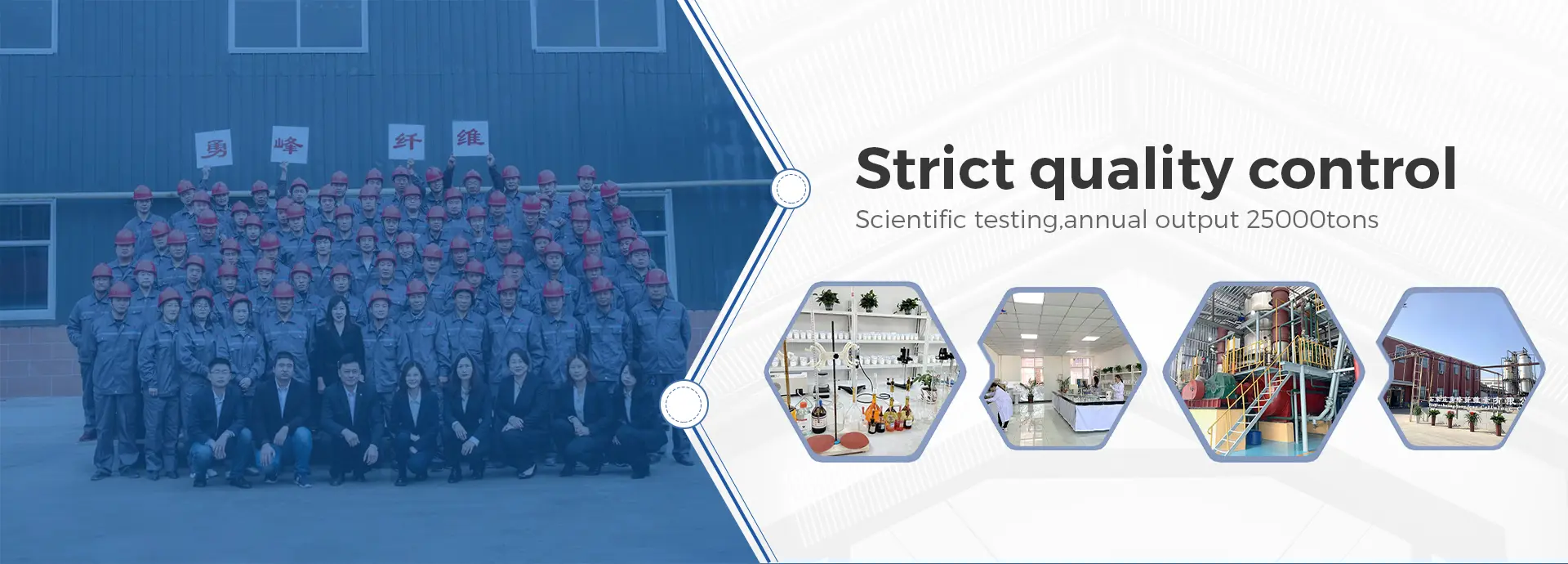Understanding Tylose A Versatile Polymer
Tylose, a brand name for a type of hydroxypropyl methylcellulose (HPMC), is a polymer derived from cellulose. It is a white, odorless powder that is soluble in water, forming a gel-like consistency and is widely used in various industries due to its unique properties. Understanding the characteristics, applications, and benefits of Tylose can provide insights into why it remains an essential component in numerous formulations today.
Chemical Properties
Tylose belongs to the family of celluloses, which are natural polymers obtained from plant cell walls. The modification process involves reacting cellulose with propylene oxide and methyl chloride, which enhances its solubility in cold water. This results in a product that is not only soluble but also has a high viscosity, making it an excellent thickening and binding agent.
Its ability to form gels makes Tylose particularly valuable in creating stable emulsions and suspensions. The viscosity can be adjusted based on the degree of substitution and molar substitution of the hydroxyl groups present in the cellulose structure. This versatility allows manufacturers to tweak the characteristics of Tylose for specific needs in various formulations.
Applications in Various Industries
1. Pharmaceuticals In the pharmaceutical industry, Tylose is commonly used as a binder and filler in tablet formulations. Its adhesive properties ensure that active ingredients are evenly distributed, enhancing drug delivery and efficacy. Moreover, Tylose's gel-forming ability is utilized in controlled release formulations, allowing medications to be released slowly into the bloodstream.
2. Food Industry Tylose plays a vital role in the food industry, where it is employed as a thickener, stabilizer, and emulsifier. It improves the texture of food products such as sauces, dressings, and dairy items by providing a smooth, palatable consistency. Additionally, Tylose helps extend shelf life by preventing separation of ingredients and maintaining product quality over time.
tylose

3. Construction In the construction sector, Tylose is important in cement-based materials. It acts as a water-retaining agent, which improves workability and adhesion. In tile adhesives and plasters, the presence of Tylose enhances flexibility and reduces cracking, making it easier to work with various building materials.
4. Cosmetics and Personal Care The cosmetic industry benefits from Tylose's thickening and stabilizing properties, where it is used in lotions, creams, and gels. It enhances the texture of these products, making them more appealing to consumers. Additionally, Tylose can act as a film-forming agent, providing a smooth application and lasting finish.
Advantages of Using Tylose
One of the foremost advantages of Tylose is its non-toxic nature, making it safe for use in food and pharmaceutical products. Furthermore, it is compatible with a wide range of other ingredients, allowing formulators to create stable and effective products. Its ability to improve texture, stability, and viscosity contributes to enhanced user experiences in food and personal care products.
Tylose also exhibits excellent water retention properties, making it valuable in applications requiring prolonged moisture maintenance, such as in gardening and agriculture. Its biodegradable nature aligns with the growing demand for environmentally friendly products, positioning it as a sustainable choice in many applications.
Conclusion
In summary, Tylose is a multifunctional polymer with a wide range of applications across various industries, including pharmaceuticals, food, construction, and cosmetics. Its unique properties, such as solubility, viscosity, and stability, make it an indispensable ingredient in formulating effective and high-quality products. As industries continue to innovate, the role of Tylose is likely to expand, further showcasing its versatility and effectiveness in meeting modern demands. Understanding and utilizing Tylose can lead to enhanced product formulations that satisfy both consumer needs and industry standards.




